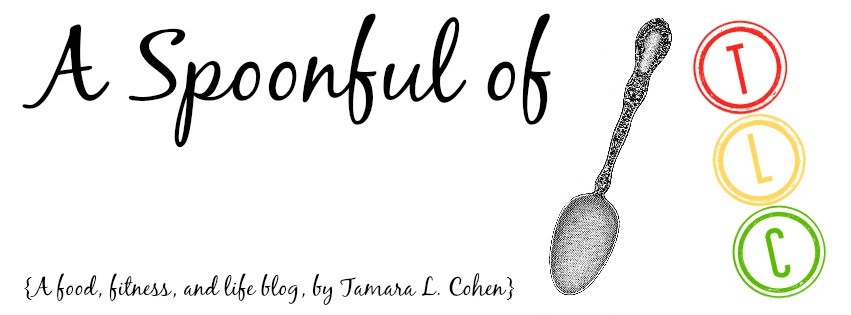Wow, it’s been awhile since I have written about opening a real Bruja’s Bakery here in Madrid! These posts – the Living in Bruja’s Bakery posts- are supposed to be a way to document this adventure of creating an online bagel business, all the way to opening a real brick & mortar shop. So much has happened in the last month and it’s hard to decide how much I want to share before anything is set in stone, but I will share bits and pieces. If nothing else, so I have something to reference when I do my interview with Forbes Magazine for their 30 Under 30 Billionaires edition. Oh crap! I better get moving because I only have a couple years to make it into that edition! Ah well…
Today I am going to share 5 things that you absolutely, 100% need to check and look into and do your homework on before signing anything when finding a local. There is SO MUCH to take into consideration and it is nearly impossible to keep track of it all, so hopefully this can be helpful to someone.
5 Things You Must Do When Opening a Business in Madrid
Ok, so you just found an incredible local on Idealista and you go to see it and you LOVE IT and omg it’s just perfect!!! The rent is reasonable, the traspaso is non-existent or low, and you think the area is great. Let’s do it! Wait wait wait, slow down cowboy, you have some homework to do.
1 // Make an appointment at the Agencia de Actividades (Tipo de servicio: Urbanismo, and then choose the agencia de actividades one) to make sure that this local doesn’t have anything illegal with it’s physical structure (facade and the interior) – ie: does the facade match the original facade from when the building was built? Is the layout of the place the same as it was when the licence was given? Does the place have a license? And for what activity? They will tell you what you need to know there (but bring blueprints, pictures, copies of the licence if you can!).
2 // Make an appointment with the disciplinary office (Tipo de servicio: Urbanismo, and then choose the one that says disciplina y sancionadores…) to make sure the space doesn’t have any disciplinary action against it. Did the neighbors call the cops every day for a year on the last tenants because they were too loud? Did the neighbors complain about smells? Etc. You can see what types of disciplinary issues its had and what issues may fall into your lap. The way it works in Madrid, or in Spain (I think) is that if there is a complaint file “open” for the previous tenant, it won’t matter that they have closed up shop and left, this complaint will now be yours to deal with.
3 // Go to get the “nota simple” from the property registry. (The office to do this is at Calle de Alcala 540, metro Torre Arias, NOT Diego de Leon). This “nota simple” will tell you 1) if the person who you think is the owner of this local is really the owner and therefore has the right to rent it to you, and 2) if this local has any debts, mortgages, or other payments- all of which could end up in your lap if you sign a lease. *This makes absolutely no sense to me either, but it’s a thing*.
4 // Licenses: see what type of licenses the place has (and if it has one at all) and find out whether or not you will be able to get the license you need for the activity you plan to do!!! In Madrid center (la almedra central), if a place has a license for hospitality (cafe, restaurant, bar, etc.), great- you have your license and DO NOT TOUCH ANYTHING! If it DOESN’T have the license you need (ie it’s a store, bank, haircuttery, etc), you WILL NOT BE ABLE TO GET THE LICENSE YOU WANT IF IT’S FOR HOSPITALITY! The law basically states that there are too many food/drink places so if it doesn’t already have that license, you cannot get it (in the almedra central). What you can do is create a pure ‘to-go’ place which will allow you to sell your food, but no one can eat there. If you are outside of the almendra central, you will likely be able to get the license you want/ need, but you will need to meet certain structural requirements.
5 // Contact an architect to come see the place with you and give you an idea of whether or not it will be possible to get the license you want to get and how much things will cost. Ask about handicap bathrooms, trash room, employee bathroom, smoke exhaust, etc.
Those are just a few of the FUN things you get to do when opening a food-related business in Madrid! More to come 🙂




